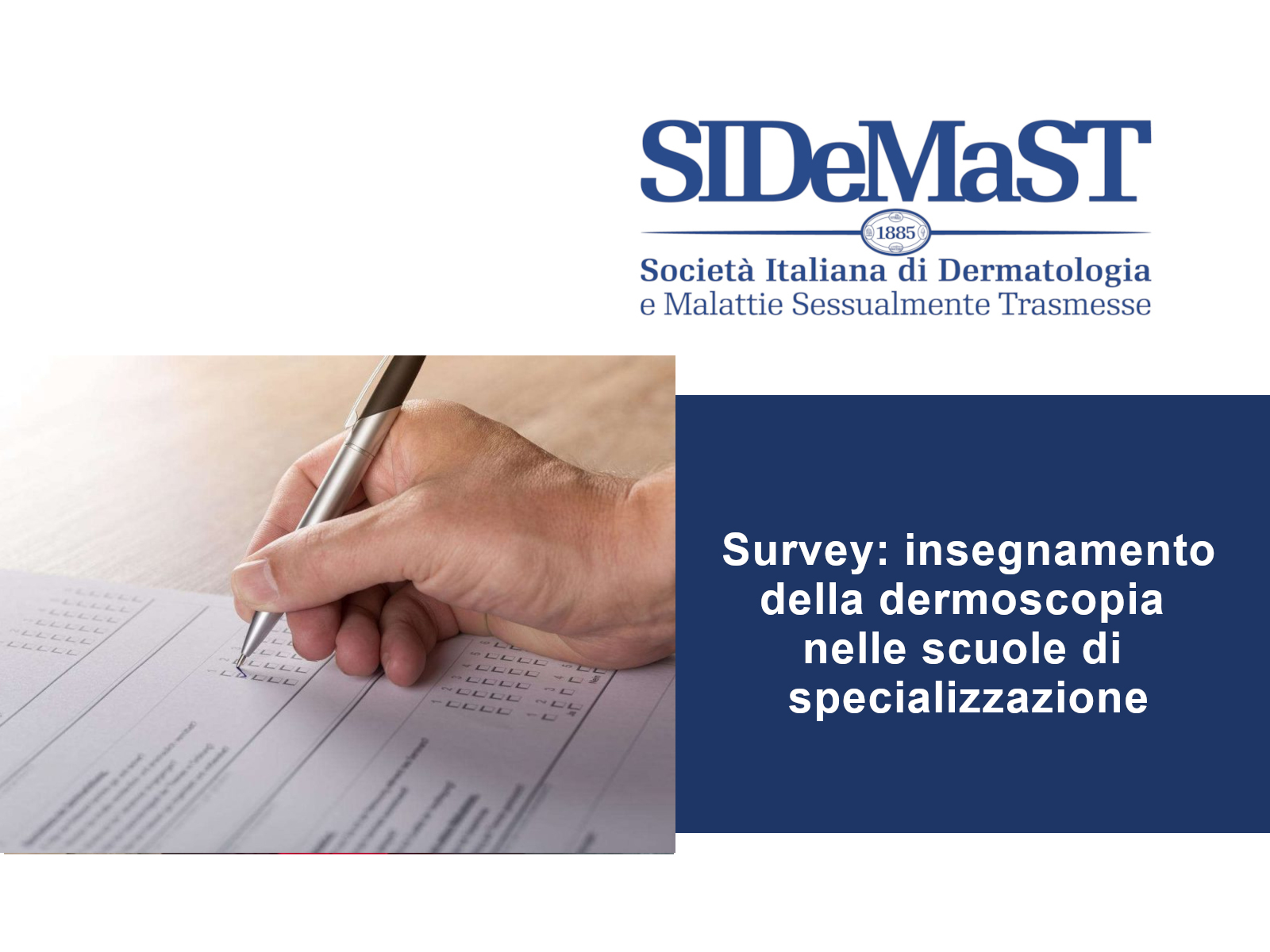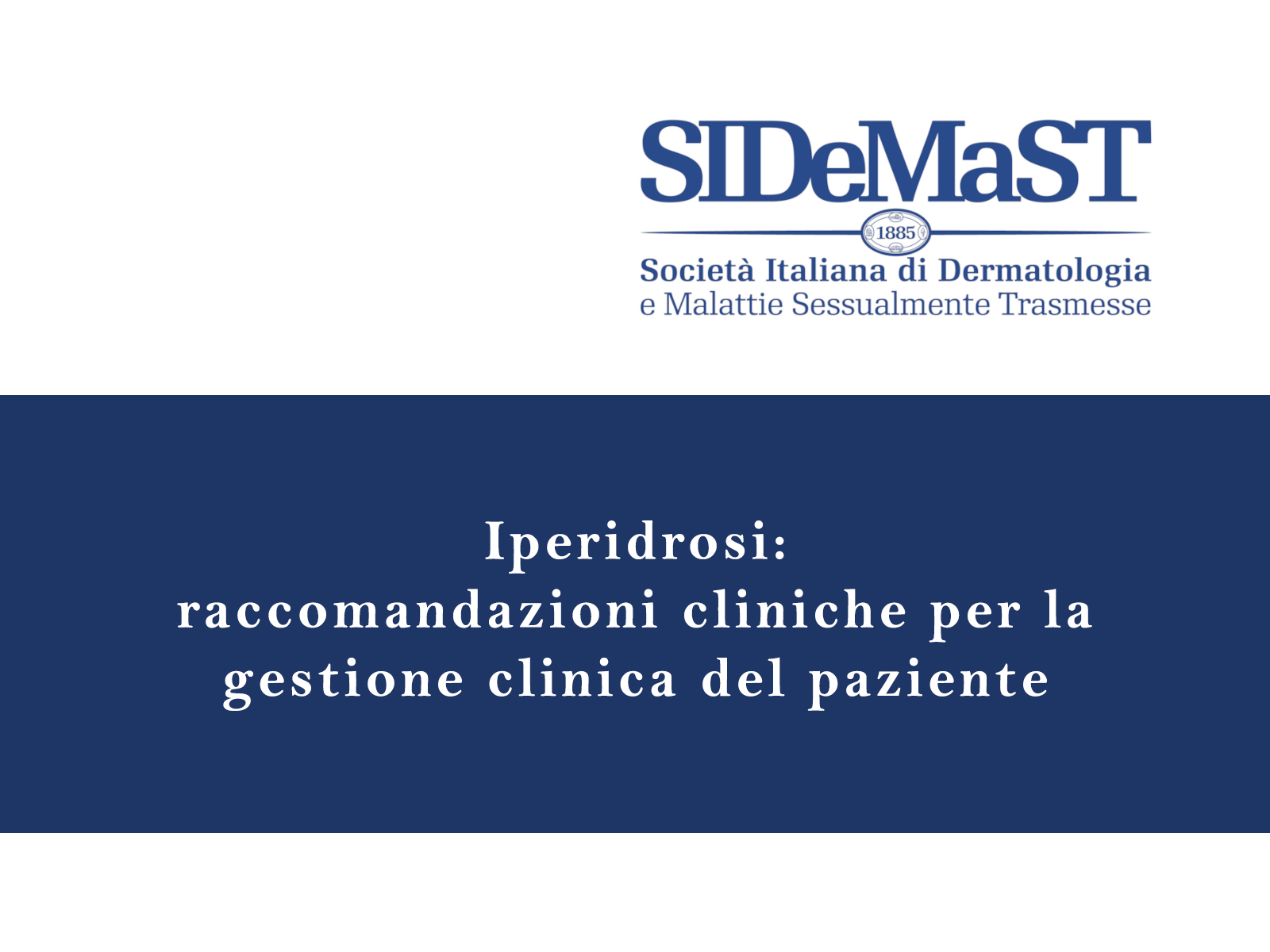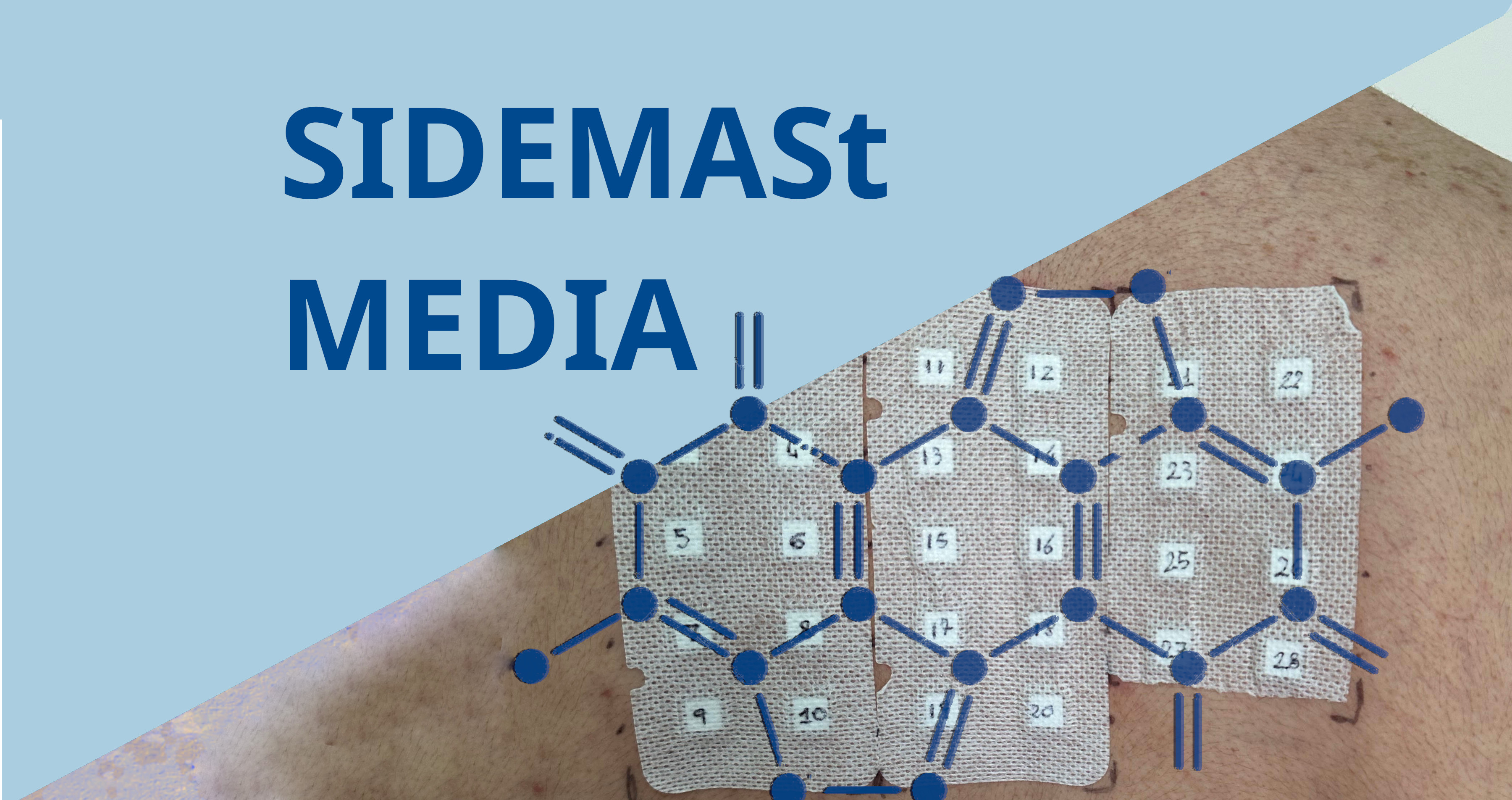The potential carcinogenic risk of antihypertensive drugs has been examined in several studies that reported controversial results.
The association between treatment with antihypertensives and risk of skin cancer has also been questioned, considering the long-term administration of such drugs and the ability of some agents to cause photosensitive reactions. In fact, experimental and epidemiologic findings suggest a link between drug-induced photosensitivity and skin cancer, possibly through the induction of DNA damage in predisposed individuals.
Antihypertensive medications might influence skin homeostasis through additional mechanisms.
For instance, some antihypertensive drugs can affect epidermal differentiation by interfering with calcium or sodium channels in the skin. Mediators in the renin-angiotensin system (RAS) are also involved in the modulation of cellular proliferation and angiogenesis. Of note, the existence of RAS has been recognized in many organs and tissues, including the skin.
The available data regarding the relationship between use of different types of antihypertensives and skin cancer risk do not allow to draw definite conclusions at present. The aim of this article is to summarize the current evidence about the association of antihypertensive use with risk of non-melanoma skin cancer, melanoma, lip cancer and cutaneous lymphoma.
A brief mention of the role of beta-blockers in melanoma progression has also been added.
G Ital Dermatol Venereol. 2018 Oct;153(5):672-684.










